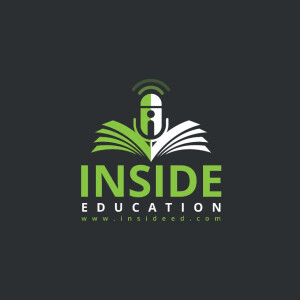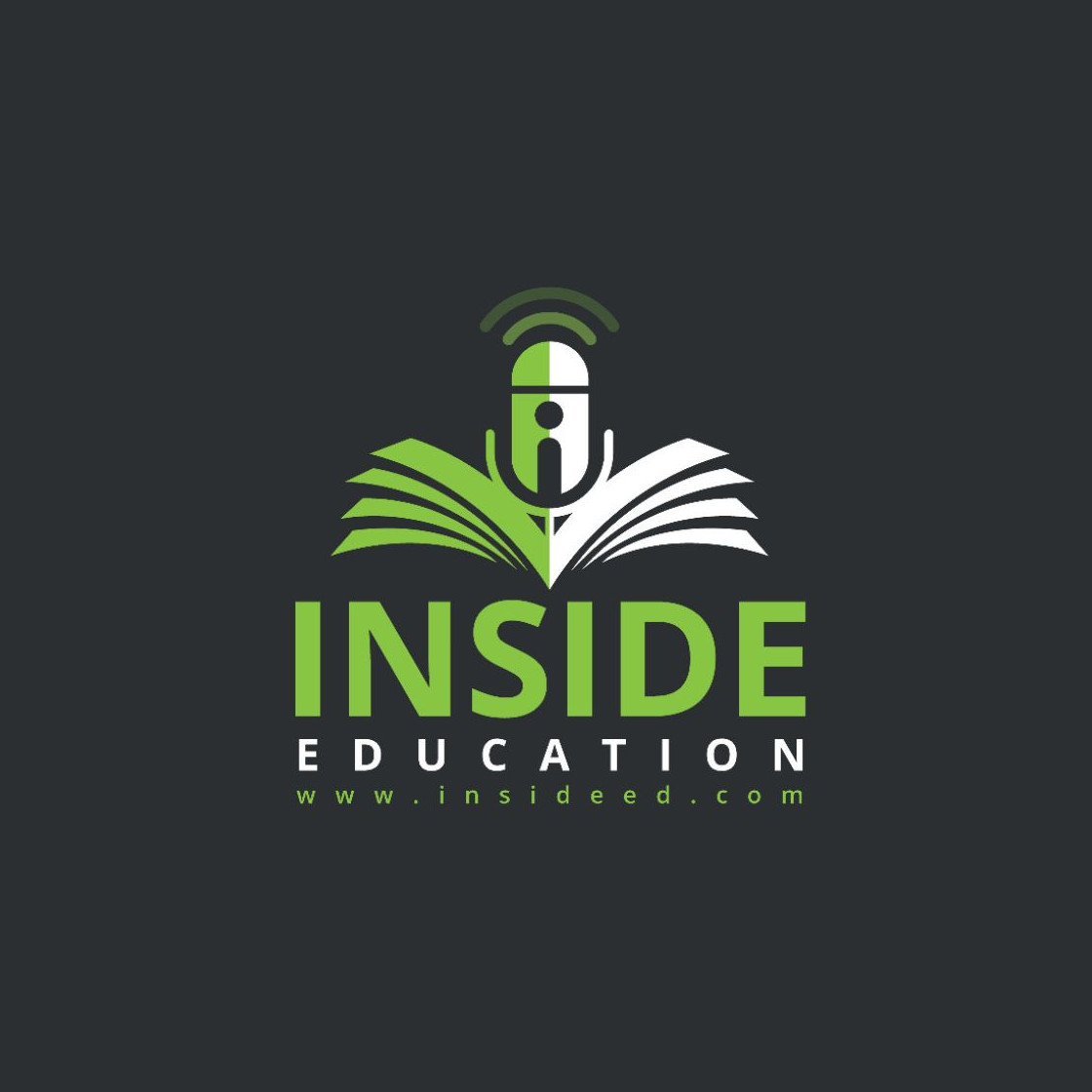
Episodes

Saturday Dec 19, 2020
Podcast 411, Curriculum Integration (19-12-20)
Saturday Dec 19, 2020
Saturday Dec 19, 2020
Presented and produced by Seán Delaney.
In this episode I speak to two experts on curriculum integration from Brock University in Ontario, Canada, Professor Susan Drake and Dr. Joanne Reid. Among the topics we discuss are the following:
- Multidisciplinary, interdisciplinary and transdisciplinary connections among subjects
- SAMPLE TOPICS FOR INTEGRATION: War, water, homelessness, food waste in the cafeteria, traffic patterns in a school, sustainability, patterns, change, conflict, trace origin of everyday item (Coffee, chocolate etc.), medieval fair.
- Finnish requirement that students do a phenomenon-based learning unit each year based around transversal competencies (21st century)
- Project-based learning examples
- Students present their work to an authentic audience
- Finding themes for integration (look out your window!)
- Project-based learning on Edutopia
- Buck Institute and Project-based learning
- Benefits of integration: more fun, students are engaged, fewer behaviour problems, social and emotional development, wellbeing, relevance, focus on whole person. Teachers who collaborate are more energised and creative
- OECD Report: Curriculum Overload: A Way Forward.
- Student achievement and integrated curricula
- Obstacles to integration: textbooks, timetabling, subject-specific responsibilities,
- Origin of Integrated teaching and its relation to constructivism which is relevant, interactive, real-world, choice, inquiry-based.
- The Eight Year Study with Ralph Tyler, Hilda Taba and others. It was written up by Aikin.
- Balancing integration and disciplinary integrity
- Cross-curricular and teaching to the big ideas compared to integrated curriculum
- Explanation of their curriculum framework: KDB: Know, Do, Be
- Twenty-first century competencies: Communication (reading, writing, oral communication, listening, media literacy), critical thinking, creative thinking, collaboration, global competency, design thinking, digital skills, data literacy, financial literacy.
- How they conduct research on integrated curriculum
- Gordon Vars and research on integrated curriculum.
- Bluewater study
- What happened when standards/accountability model arrived in schools in the 1990s.
- How the pandemic has impacted on assessment
- Assessment and integration.
- Benefits of students seeing the value of their work in the wider world (having an audience outside the classroom).
- Finding out more about integrated curriculum and its history.
- John Dewey and William Heard Kilpatrick and The Project Method.
- James Beane.
- Twenty-first century life skills
- High Tech High
- Getting started with integration : Genius Hour. More here.
- Student-led teaching
- How integrated curriculum is for students of all ages.
- bell hooks
- Inside the Black Box by Paul Black and Dylan William
In addition, Susan and Joanne compiled a list of resources with additional information about curriculum integration:
Drake, S. M. & Reid, J. L. (2020). How education can shape a new story in a post-pandemic world. Brock Education, 29(2), 6-12
Drake, S. M. & Reid, J. L. (2020). 21st Century competencies in light of the history of integrated curriculum. In “Rethinking what has been rethought consistently over the millennia: A global perspective on the future of education”. Frontiers in Education Journal, 5(122), 1-10. https://doi.org/10.3389/feduc.2020.00122
Drake, S.M. & Reid, J.L. (in press). Integrated curriculum In J. Flinders & P, Hiebowitsh (Eds.) Routledge Encyclopedia of Education. New York: Routledge
Drake, S.M. & Reid, J. L. (2018). Integrated curriculum as an effective way to teach 21st Century capabilities. Asia Pacific Journal of Educational Research, 1(1), https://doi.org/10.0000/APJER.2018.1.1.031
Drake, S.M. & Reid, J. L. (2018). Integrated curriculum for the 21st Century. In J. Miller, M. Binder, S. Crowell, K. Nigh and B. Novak (Eds). International handbook in holistic education (pp.118-128) New York: Routledge.
Drake, S.M. & Reid, J. L. (2017). Interdisciplinary assessment in the 21st Century.
file:///Users/sdrake/Desktop/IEJEE_57fa80bd928bb_last_article_57fa813187fad.pdfIn Steve Pec (Ed). Scholarship of teaching and learning Part 3 (pp. 1-8) Stuyvesant Falls, NY: Rapid Intellect Group. http://www.rapidintellect.com/AE/ec5771v14.pdf
Savage, M. & Drake, S. (2016). Living transdisciplinarity: Teachers’ experiences with the International Baccalaurete Primary years Programme. International Electronic Journal of Elementary Education. (19), 1-19, file:///Users/sdrake/Desktop/IEJEE_57fa80bd928bb_last_article_57fa813187fad.pdf
Drake, S.M. & Savage, M. (2016). Negotiating accountability and integrated curriculum in a global context. International Journal of Learning, Teaching, and Educational Research, 15, 6. http://www.ijlter.org/index.php/ijlter/article/view/639
Drake, S.M. (2015). Designing across the curriculum for “sustainable well-being”: A 21st Century approach. In F. Deer, T. Falkenberg, B. McMillan & L. Simms (Eds.). Sustainable Well-Being: Concepts, Issues, and Educational Practice (pp. 57-77). Winnipeg, MB: EWSB Press. http://www.eswb-press.org/uploads/1/2/8/9/12899389/sustainable_well-being_2014.pdf.
Drake. S. M., Reid, J. L., & Kolohon, W. (2014). Interweaving curriculum and classroom assessment Engaging students for the 21st century. Don Mills, ON: Oxford University Press.
Drake S & Burns R. (2004). Meeting standards with integrated curriculum. Alexandria, VA:ASCD. Susan says “it is the easiest "how to" book” and Joanne agrees. It is almost like a manual. Very good even if it seems old now.
Project-based learning – sites for ideas
https://www.pblworks.org/what-is-pbl
https://www.prodigygame.com/main-en/blog/project-based-learning/
https://www.edutopia.org/project-based-learning
https://iearn.org (collaborative international projects)

No comments yet. Be the first to say something!